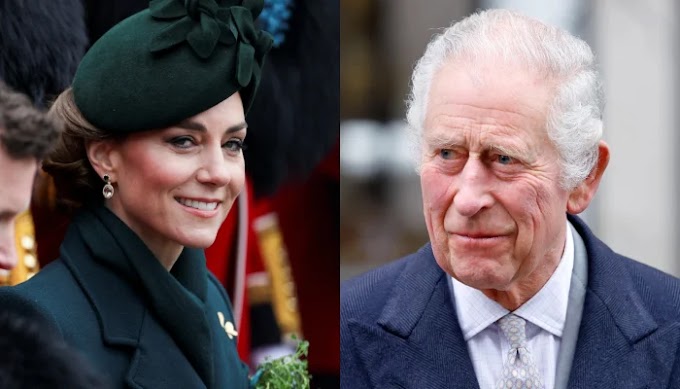As King Charles commemorates his first year on the throne, the long-buried sins of his predecessors appear to be resurfacing, casting a dark shadow over his reign.
Gill further emphasized their expectation that King Charles would allocate substantial resources from the royal family's coffers to support the cause of reparative justice.
"We are not advocating for King Charles and his family to endure hardship, nor are we seeking mere trinkets," Gill clarified. "Rather, we believe in engaging in constructive discussions to determine the concrete steps and resources that can be allocated for reparative justice."
In April, The Guardian published a comprehensive report, unveiling the troubling revelation that the direct ancestors of King Charles III and the royal family had directly profited from the exploitation of enslaved individuals on tobacco plantations in Virginia.
Historian Brooke Newman's meticulous research revealed that as far back as 1689, King William III held 1,000 pounds worth of shares in the Royal African Company (RAC), an entity deeply involved in the transportation of thousands of enslaved Africans to the Americas.
Notably, King Charles had previously expressed his support for researching the British monarchy's historical ties to transatlantic slavery, denouncing it as an "appalling atrocity." However, this dark legacy now looms large, demanding a reckoning of profound proportions.












